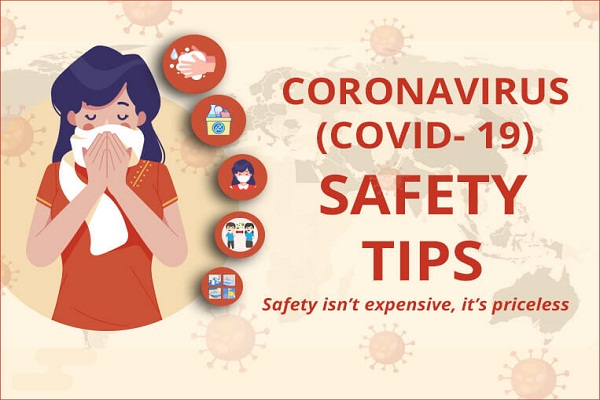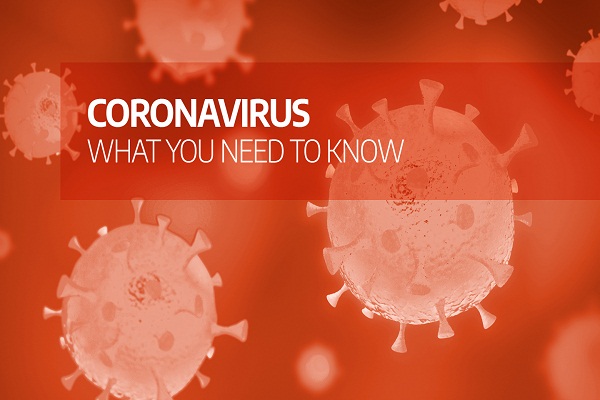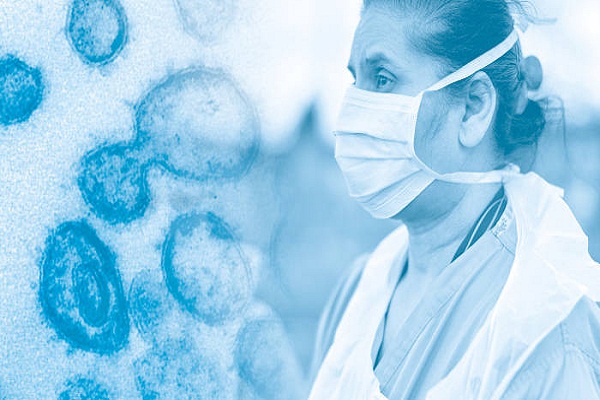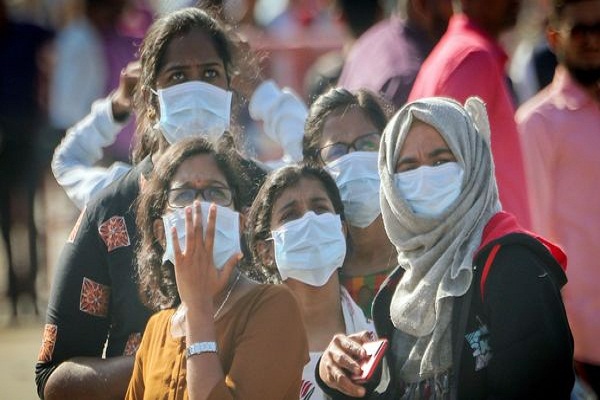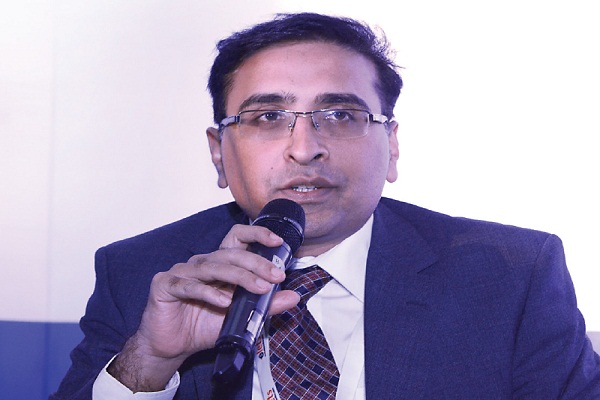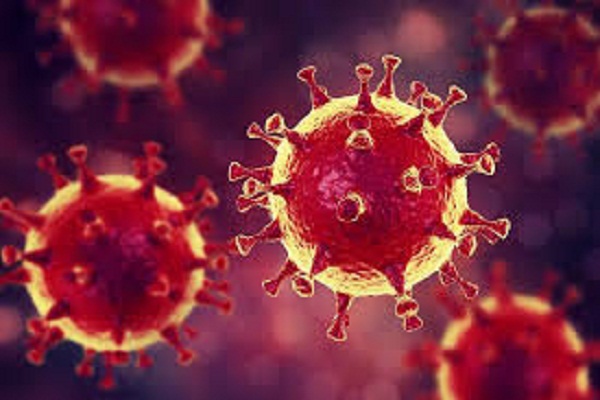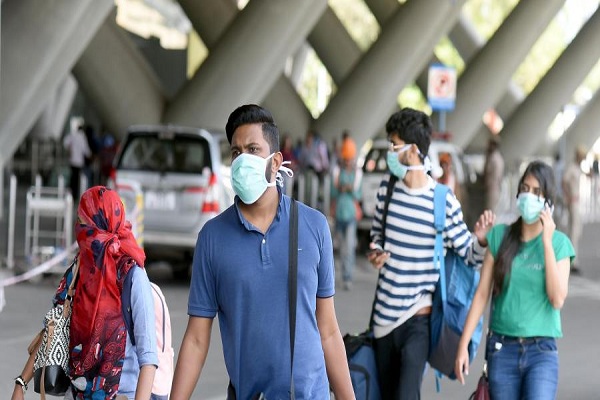
 “Mental pain is less dramatic than physical pain, but it is more common and also more hard to bear. The frequent attempt to conceal mental pain increases the burden: it is easier to say, “My tooth is aching” than to say “My heart is broken.” ― C.S. Lewis, The Problem of Pain
“Mental pain is less dramatic than physical pain, but it is more common and also more hard to bear. The frequent attempt to conceal mental pain increases the burden: it is easier to say, “My tooth is aching” than to say “My heart is broken.” ― C.S. Lewis, The Problem of Pain
C.S. Lewis, the famed British author describes accurately in the above quote the double burden of depression and other mental health disorders. The condition is debilitating if left untreated and the inability of such people and their families to talk openly about this condition and seek help, makes things worse.

What is depression?
According to the WHO – Depression is a common mental disorder, characterised by persistent sadness and a loss of interest in activities that you normally enjoy, accompanied by an inability to carry out daily activities, for at least two weeks.
It can affect how you feel, think and behave and lead to several emotional and physical problems, including sometimes feeling that “life is not worth living”.

Depression among Indian women
Indians are said to have some of the highest rates of depression in the world. The prevalence rate of depression in India in the general population ranges from 1.8% to 39.6%.
As per the National Mental Health Survey of India (2015-16), one in 20 people over 18 years of age have ever suffered (at least once in their lifetime) from depression amounting to a total of over 45 million persons with depression in 2015. Depression is said to be 2-3 times more common in women than in men.
Many factors may contribute to depression among women including developmental, reproductive, hormonal, genetic and other biological differences (e.g. premenstrual syndrome, childbirth, infertility and menopause).
Social factors may also lead to higher rates of clinical depression among women, including stress at work, family responsibilities, the roles and expectations of women and increased rates of sexual abuse and poverty.
Symptoms of depression
If you have been experiencing some of the following signs and symptoms most of the day, nearly every day, for at least two weeks, you may be suffering from depression:
- Persistent sad, anxious, or “empty” mood, including crying often
- Feeling hopeless, helpless, worthless or useless
- Irritability
- Loss of interest or pleasure in hobbies and activities
- Decreased energy or fatigue
- Moving or talking more slowly
- Feeling restless or having trouble sitting still
- Difficulty concentrating, remembering, or making decisions
- Difficulty sleeping, early-morning awakening, or oversleeping
- Feeling easily annoyed, bothered, or angered
- Appetite and/or weight changes
- Aches or pains, headaches, cramps, or digestive problems without a clear physical cause and/or that do not ease even with treatment
- Thoughts of death or suicide, or suicide attempts
Not everyone who is depressed experiences every symptom. Some people experience only a few symptoms while others may experience many.
How depression affects women?
There are particular stages in a girl’s/woman’s life that make her more prone to depression. These are:
1.Puberty – Hormone changes may increase the risk of depression. However, temporary mood changes, not amounting to depression, are common in this period.
2.Premenstrual Period – For most women Premenstrual Syndrome or PMS consists of abdominal bloating, irritability, anxiety, breast tenderness etc. A small number of women have severe and disabling symptoms including suicidal thoughts, that disrupt their lives. This is known as premenstrual dysphoric disorder and is thought to be due to an imbalance between oestrogen and progesterone hormones.
3.Pregnancy and Post Delivery – Depression affects about 11% of women during this period. There is an enormous change in the level of hormones during this period and contributes to mood changes and depression. The post delivery period is particularly stressful due to sleeplessness, feeding issues, loss of feminity etc.
4.Perimenopause and Menopause – Again a fluctuation in the hormones is thought to cause depression. Apart from this, loneliness (empty nest syndrome), effects of menopause on sex (eg. decreased libido, dry vagina), increasing weight etc can also contribute to depression.
Can depression be treated?
Yes. There are psychological and medical therapies which are very effective in the treatment of depression.
The most important step in the treatment of depression is to recognise the symptoms and seek early help. Seeking medical help is often delayed due to the stigma which is prevalent in the country. However, it is encouraging to note that more women and their families (in the urban areas) are seeking help to come out of this situation.
(Dr Prathima Reddy is Director, Fortis La Femme Hospital. The views expressed are a personal opinion.)
Be a part of Elets Collaborative Initiatives. Join Us for Upcoming Events and explore business opportunities. Like us on Facebook , connect with us on LinkedIn and follow us on Twitter , Instagram.


